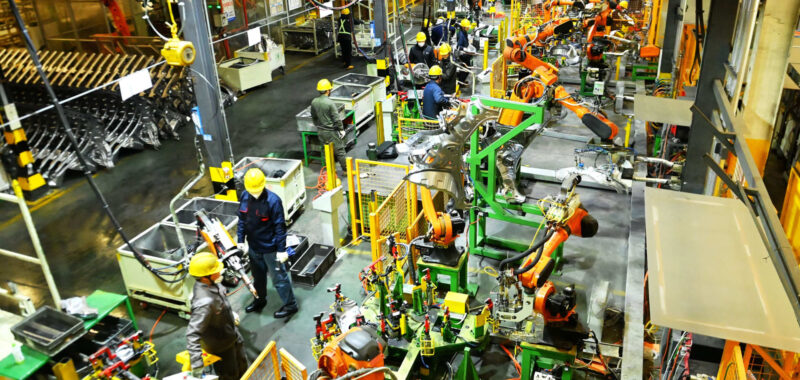President Donald Trump is considering exemptions for automakers from some tariffs announced by his administration, the White House confirmed Wednesday to CNBC’s Eamon Javers.
The confirmation follows a Financial Times report that Trump is planning to exempt auto parts from tariffs on imports from China that Trump imposed to counter fentanyl production as well as levies on steel and aluminum.
The exemption would be separate from 25% tariffs on imported vehicles as well as 25% tariffs on imported auto parts that is scheduled to take effect by May 3, the FT reported.
Shares of many automakers and suppliers were marginally higher Wednesday in after-hours trading.
Automakers and auto policy groups have been lobbying Trump for some relief on tariffs, which have been stacking up on the automotive industry.
Trump exempted autos from his so-called “reciprocal” geographical tariffs that would put steep duties on imports from dozens of countries. But the auto industry is still facing 25% levies on steel and aluminum as well as a 25% tariff on all imported vehicles into the U.S.
Auto stocks
The tariff on auto parts set for May 3 would be in addition to those other duties.
Any exemptions or “de-stacking” of those various rates would be welcomed by automotive executives. In particular, the upcoming tariffs on auto parts have industry officials worried about the compounding costs.
This week six of the top policy groups representing the U.S. automotive industry uncharacteristically joined forces to lobby the Trump administration against implementing the upcoming tariffs on auto parts.
“President Trump has indicated an openness to reconsidering the administration’s 25 percent tariffs on imported automotive parts â similar to the tariff relief recently approved for consumer electronics and semiconductors. That would be a positive development and welcome relief,” the groups set in a letter to Trump officials.
The groups â representing franchised dealers, suppliers and nearly all major automakers â said the upcoming levies could jeopardize U.S. automotive production and noted many auto suppliers are already “in distress” and wouldn’t be able to afford the additional cost increases, leading to broader industry problems.
General Motors CEO Mary Barra, echoing concerns of other executives, said Wednesday that the automaker needs clarity and consistent regulations to better compete.
“First of all, I need clarity, and then I need consistency,” Barra said during Semafor’s World Economy Summit. “To make those investments and to be good stewards of our owner’s capital, I need to understand what the policy is.”
Barra said GM has made some shifts in response to evolving trade policy, but doesn’t plan on making any “significant changes” until there’s clarity on U.S. regulations.

